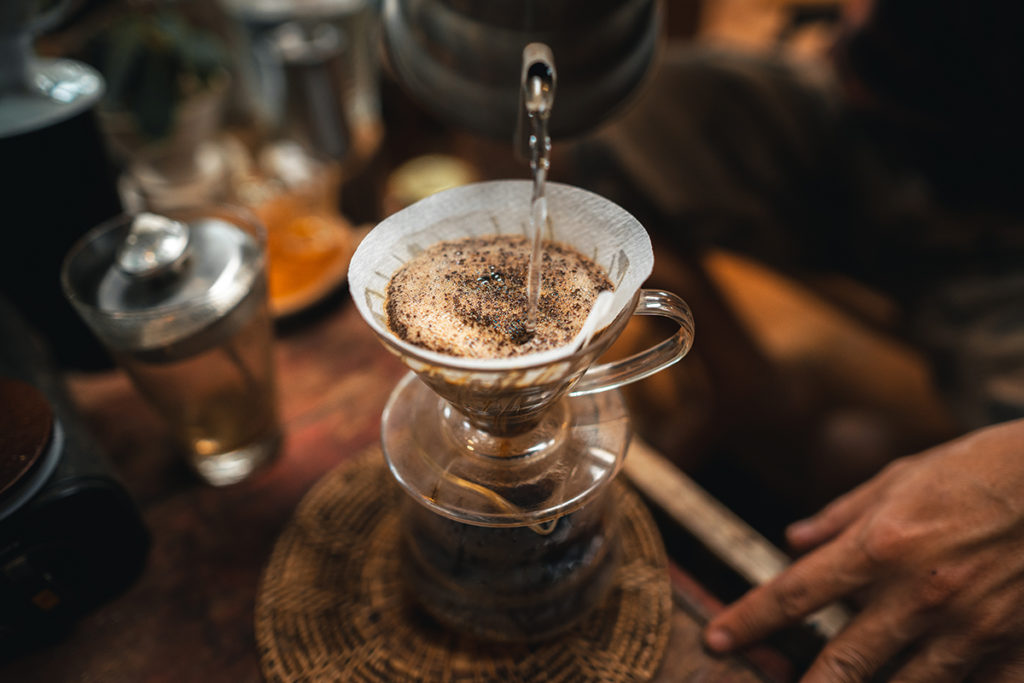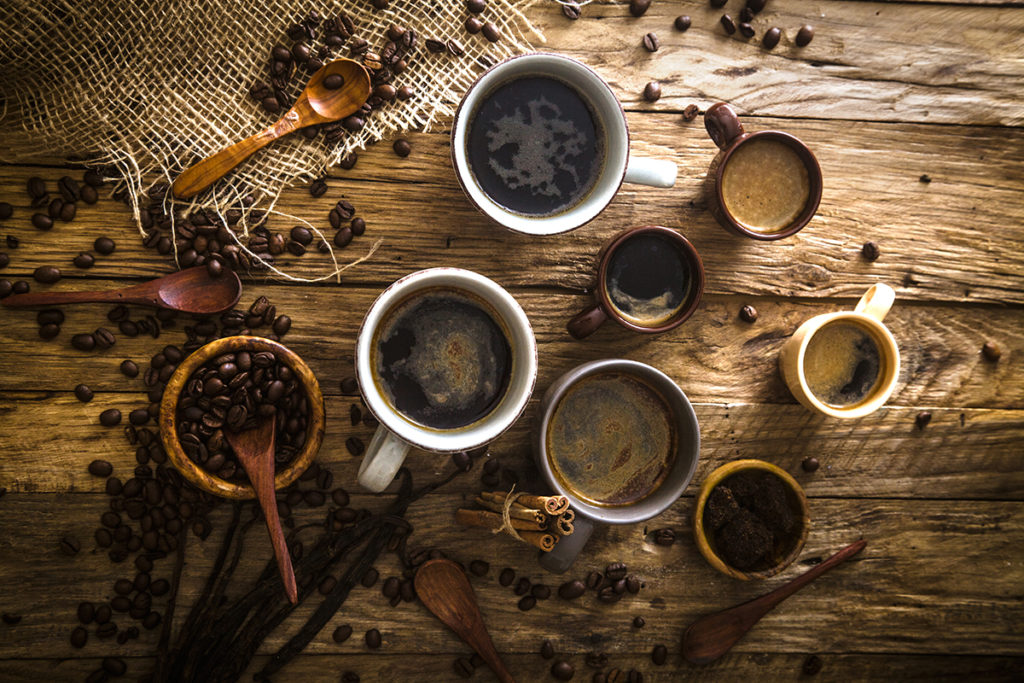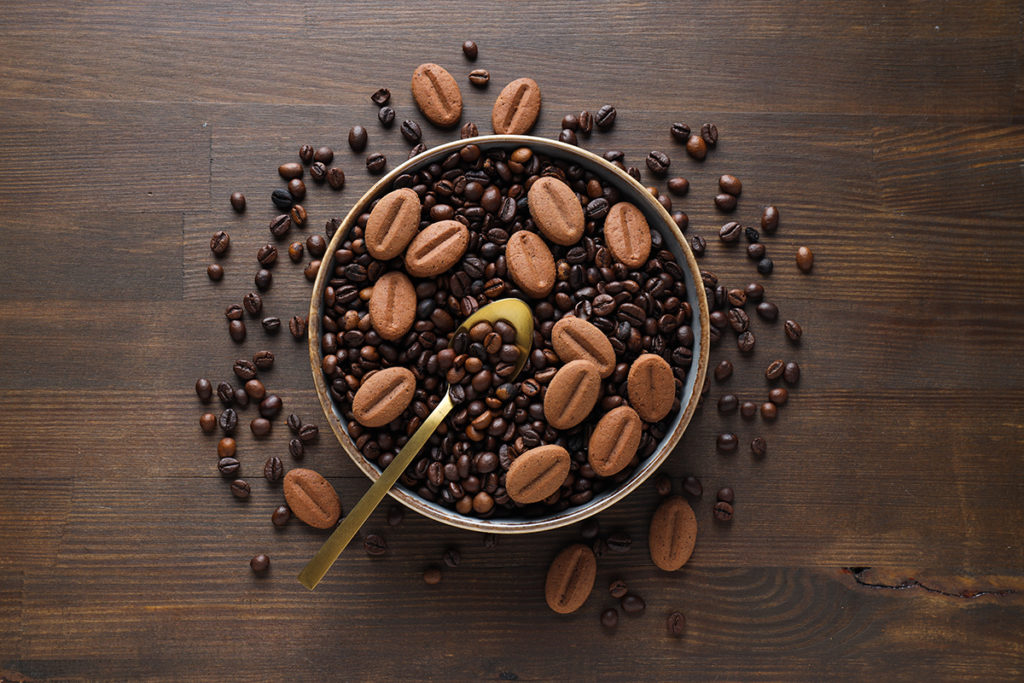Why Water Is Critical
Water is the unsung hero of coffee brewing, making up about 98% of your cup. Its quality and composition significantly influence the extraction process and the final flavor of your coffee. Even the best coffee beans can produce a disappointing cup if the water is subpar.
The extraction process involves water dissolving the soluble compounds in coffee grounds to create flavor. If the water’s mineral content or temperature is off, the extraction can be uneven, leading to sour, bitter, or bland coffee. Ideal water enhances the flavor profile, bringing out the nuances of your chosen beans.
Brewing with clean, well-balanced water ensures the true character of your coffee shines through. The clarity and depth of flavor in each sip depend on water that is free from contaminants but rich in the right minerals. While often overlooked, water quality is a controllable variable that can elevate your coffee experience from good to exceptional.
For home baristas, understanding water’s role and making small adjustments can yield significant improvements in brewing consistency. Whether you’re using a French press, a pour-over, or an espresso machine, starting with high-quality water is the foundation of a great cup.
Ideal Water Temperature and Mineral Composition
Temperature and mineral composition are critical aspects of brewing water. The ideal brewing temperature lies between 195°F and 205°F (90°C to 96°C). This range allows for optimal extraction, dissolving the right amount of soluble compounds without scorching or under-extracting the grounds. If water is too hot, it can scald the grounds and create bitter notes; if too cool, the extraction will be insufficient, leading to a flat flavor.
Mineral composition also matters. Water that’s too hard (high in calcium and magnesium) can over-extract, resulting in overly astringent coffee, while water that’s too soft (low in minerals) can under-extract, making the coffee taste weak and one-dimensional. The Specialty Coffee Association recommends a balanced mineral content, with a Total Dissolved Solids (TDS) level between 75 and 250 ppm (parts per million). This balance ensures that the water supports rather than overwhelms the coffee’s natural flavors.
Using filtered water helps achieve the right balance by removing impurities like chlorine while retaining beneficial minerals. Some home baristas even use specialized water additives, such as Third Wave Water, to tailor their water’s mineral content specifically for coffee brewing. These solutions can enhance flavor clarity and consistency, especially for high-quality beans.
Filtering and Enhancing Water
Filtered water is essential for consistent and high-quality coffee. Filters remove contaminants such as chlorine, which can impart unpleasant flavors and mask the coffee’s natural nuances. Options for filtering water include activated carbon filters, reverse osmosis systems, and countertop filtration pitchers. Each method has its advantages, with carbon filters being an accessible option and reverse osmosis systems offering more comprehensive purification.
In addition to filtering, enhancing water with the right mineral balance can elevate your brew. Some home baristas add products like Third Wave Water, which contains pre-measured minerals designed for coffee brewing. These additives are particularly useful if your local water supply is too hard or too soft, providing a precise balance that meets Specialty Coffee Association standards.
Boiling filtered water and using it immediately for brewing ensures freshness. Avoid using distilled water, as it lacks the minerals necessary for proper extraction, leading to a dull and lifeless brew. Similarly, overly hard water can leave mineral deposits in your equipment, impacting both flavor and maintenance. Regular descaling of coffee makers is essential to prevent buildup and maintain optimal performance.
Investing in water quality improvements is a small step with a big payoff, unlocking the full potential of your coffee beans. Whether you’re a casual coffee drinker or a dedicated home barista, fine-tuning your water can make a noticeable difference in every cup.
Common Mistakes in Water Use
Using the wrong water is one of the most common mistakes in coffee brewing. Here are a few pitfalls to avoid:
- Using Distilled or Deionized Water: While these types of water are free from impurities, they lack essential minerals needed for extraction, leading to flat-tasting coffee. Without these minerals, the water fails to interact effectively with the coffee grounds.
- Brewing with Unfiltered Tap Water: Tap water often contains chlorine and other impurities that negatively affect flavor. Hard water with high mineral content can also cause over-extraction, resulting in a harsh taste.
- Ignoring Temperature: Brewing with water that’s too hot can scorch the grounds, while water that’s too cool may not extract enough flavor compounds. Maintaining a consistent temperature between 195°F and 205°F is critical for optimal results.
- Failing to Maintain Equipment: Hard water leaves mineral deposits in coffee makers, impacting performance and flavor. Regular descaling is essential to keep your brewing equipment in top condition.
- Overlooking Water Freshness: Stale or pre-boiled water can result in dull flavors, diminishing the vibrancy of your coffee.
Avoiding these mistakes ensures that water complements your brewing method and enhances your coffee’s flavor. Small adjustments to water quality can have a significant impact on the final cup.
Conclusion with Actionable Tips
Mastering the science of water can transform your coffee experience. Start by using filtered water to remove impurities and ensure an ideal mineral balance. Aim for a brewing temperature between 195°F and 205°F, and avoid common pitfalls like using distilled water or neglecting equipment maintenance.
For those seeking perfection, consider enhancing your water with products designed for coffee brewing. Specialty additives can bring out the best in your beans, especially if your local water supply is less than ideal. Regularly clean and descale your brewing equipment to maintain consistent performance.
By prioritizing water quality, you can unlock the full potential of your beans and enjoy a consistently flavorful cup. Remember, great coffee starts with great water. Make these adjustments, and savor the difference in every brew. Your perfect cup is closer than you think.



